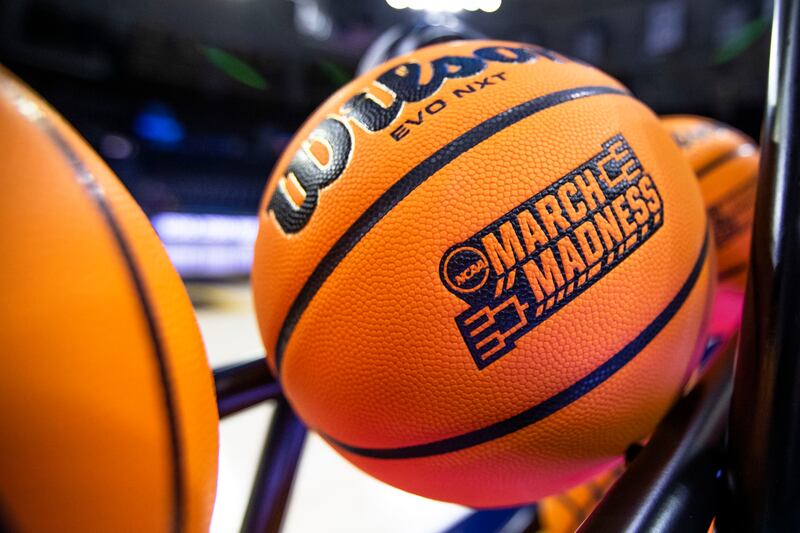’Tis the season. No, not that one. It’s March Madness: the NCAA basketball tournament that now ends in April rather than in March. It’s estimated that between 70-100 million bracket predictions will be completed and about 15 million people will watch the finals. Almost half the viewers — 45% — will be age 55 or older.
According to Smithsonian Magazine, the first NCAA bracket pool — putting some money in a pool based on who wins each game in a field of 64 teams —started in 1977. That year, 88 people filled out brackets in a winner-take-all format in a Staten Island bar. By 2006, in the same bar, 150,000 people entered, and prize money exceeded $1.5 million.
Why the interest? What compels so many of us — especially those of us who are 55-plus, who make up almost half of known participants — to complete a bracket and follow teams we may know little about?
Creating a bracket and following games is a way to create a connection with old friends as well as make new ones. Its an easy way to practice “community” without being preachy about it. It’s a way to connect with a countrywide phenomenon that unites more than it divides — even if you went to the University of North Carolina and Duke is in the Final Four.
Most of us don’t do very well in picking winners in each bracket matchup. Even the experts miss about as often as they pick a winner. Picking a winning bracket is almost like a moon shot. Even if you follow college basketball, you are unlikely to pick the upsets, the games that get away from higher seeded teams.

But there’s an upside to the upsets. They renew our faith in the “little guy.” They show that we can all achieve big things even if the odds seem stacked against us. Its another reason to fill out a bracket and cheer for the underdog.
“Bracketology,” as it is sometimes called, does something else. It is profoundly American. For a couple of weeks, we have something both unique and yet commonplace that lets us cheer for strangers. We could use more of that.
“Busting your bracket” early or late doesn’t really matter, either. March Madness is fun. It lets us cheer for a team we may never have heard about before. Or maybe it helps us find out more about them. It gives us a reason to reach outside our comfort zone. It’s a friendly competition with a wide-open playing field that doesn’t really require any basketball expertise. In fact, the so-called experts rarely win.
For example, Jennie Barnett joined her first bracket pool long after she retired. Now, she participates every year. Like many, she doesn’t follow college basketball during the season but never misses out on the fun of competing with friends and family by completing a bracket. Some years, more than one.
“My brother asked me about it a few years ago,” she said. “It seemed like a fun activity that we could do together even though we don’t live near each other. So, we all did it — including sisters-in-law. The first year, I did some research on various teams for about an hour or so. In some cases, I didn’t know much about teams in my bracket. It didn’t matter. Turns out, I won. I had bragging rights for an entire year!”

Stephanie Cannon, granddaughter-in-law to former BYU head basketball coach Stan Watts, likens completing March Madness brackets to any kind of board game — but with a unique twist.
“March Madness broadened my perspective,” she says. “I became interested in teams that previously I knew nothing about — until I picked them. Sometimes younger kids in our extended family do even better than their parents. That’s what makes it fun. Anyone can play regardless of their prior interest or basketball knowledge.”
Winning March Madness in any bracket pool is unpredictable. According to ESPN, no one has had a verified “perfect bracket” yet, so it’s a bit of a crapshoot in the base case.
But it’s not really about winning. It’s more about engaging on a personal level with an icon of American culture. It’s being generationally current and connected without trying so hard. It’s reaching across borders — real and imagined — to connect and compete and then move on when its over.
March Madness bracketology reminds us that the world is unpredictable, even fickle, at times. We don’t know everything. Even the experts can get it wrong. But that’s no reason for not playing the game.
So, how’s your bracket?

